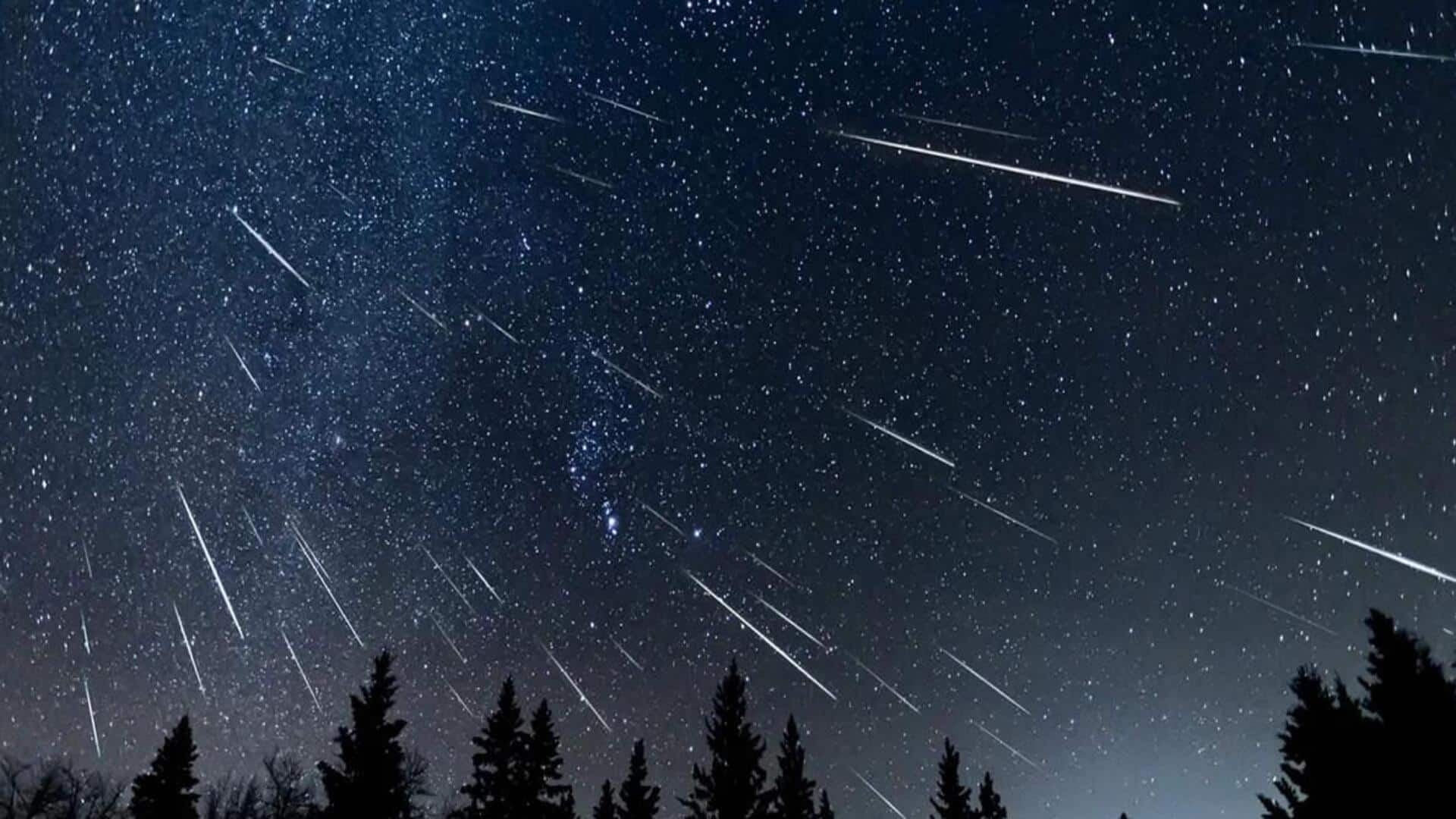
Leonid meteor shower peaks tonight: How to watch shooting stars
What's the story
One of the major meteor showers of the year, the Leonids, will reach its peak on November 18-19. Leonids are characterized by bright and fast meteors, traveling at 70km/s. These meteors are also known for their fireballs, which are larger explosions of light and color that persist longer than an average meteor streak, per NASA. Stargazers in India can look forward to seeing around 15-20 Leonid meteors per hour lighting up the night sky.
Details
Comet 55P/Tempel-Tuttle is the source of the Leonid meteor shower
Leonid meteor shower originates from the debris left behind by Comet 55P/Tempel-Tuttle. This comet takes 33 years to complete an orbit around the Sun. As the comet nears the Sun, it releases dust grains and icy, rock-laden particles. As the Earth crosses this debris stream, the particles ignite and blaze as meteors. "They can be very bright because they're moving very quickly, so they may look slightly more green or slightly more blue," said Affelia Wibisono, from Royal Observatory Greenwich.
Insights
Leonid meteor storm is forecasted for 2035
Every 33 years, in accordance with Comet Tempel-Tuttle's orbital period, the Leonid shower transforms into a "meteor storm." Such meteor storms are characterized by an astonishing deluge of up to 1,000 meteors per hour. Notable storms took place in 1966 and 1999-2000, with the next one forecasted for 2035. While 2023 won't showcase such a spectacular storm, it'll still be a wonder to witness. Leonids will continue until November 30, but the most awe-inspiring sights will happen during this weekend.
Tips
Viewing tips for the Leonid meteor shower
To fully enjoy the Leonids, all that's needed is a clear, dark sky and a bit of patience. Telescopes and binoculars aren't required as the shooting stars will be visible to the naked eye. The best time to watch Leonids is between midnight and dawn. The radiant or the point from where the Leonids originate is the constellation Leo—hence its name. However, do note that the Leonid meteors can be spotted all over the sky.